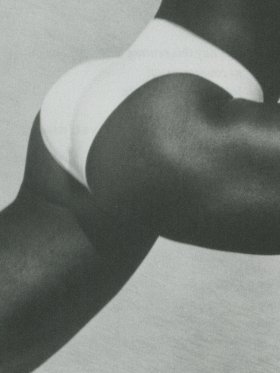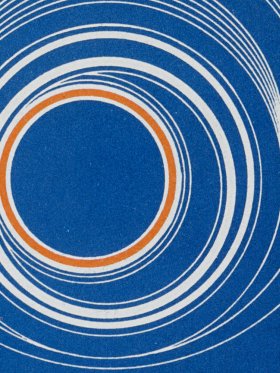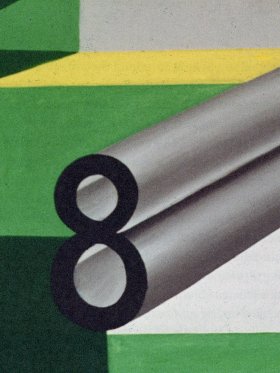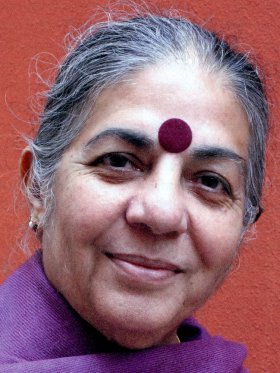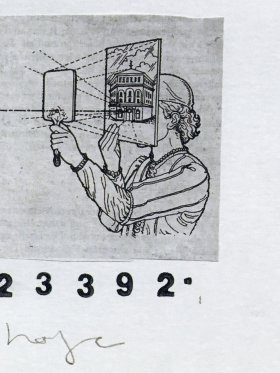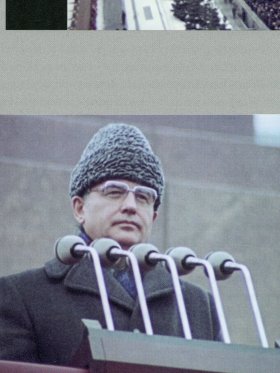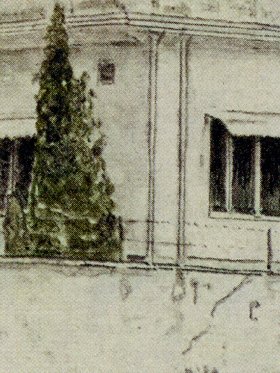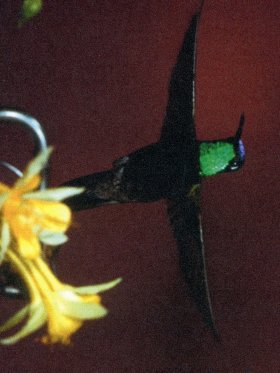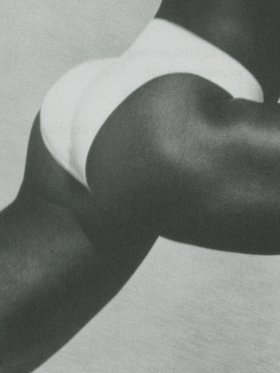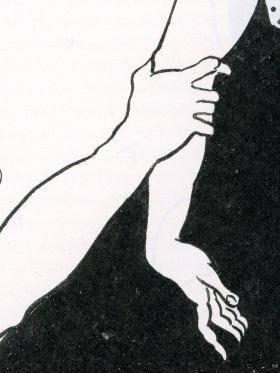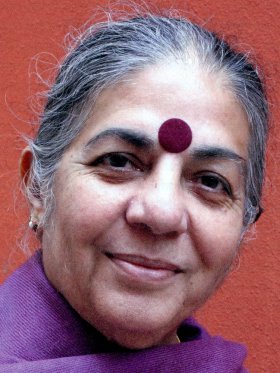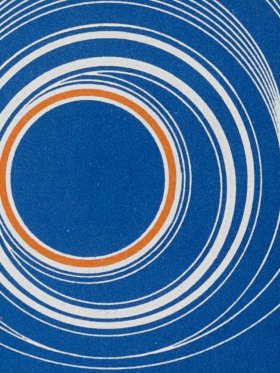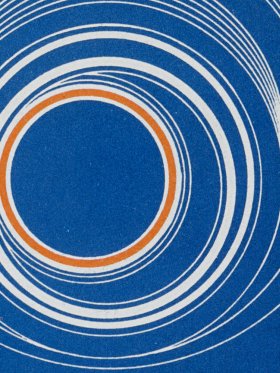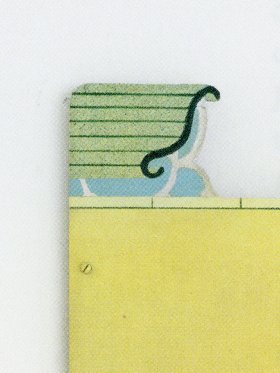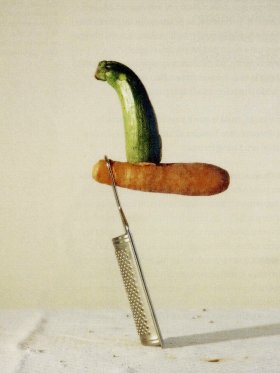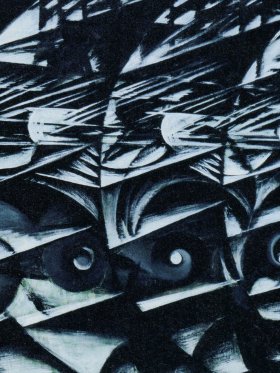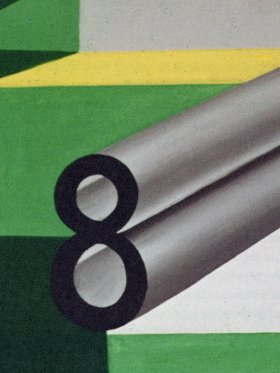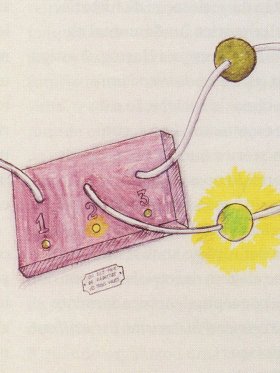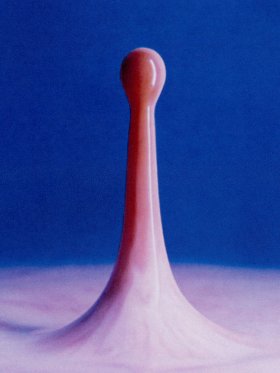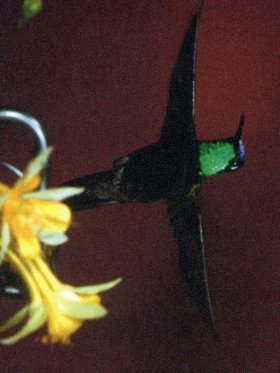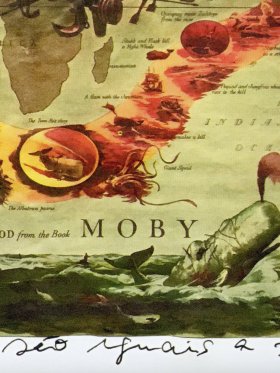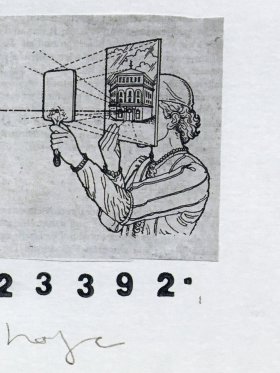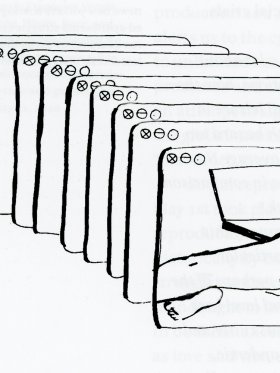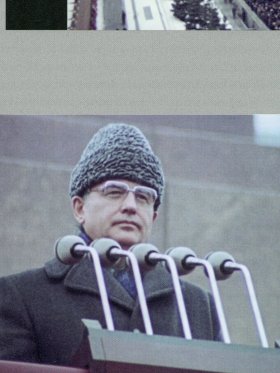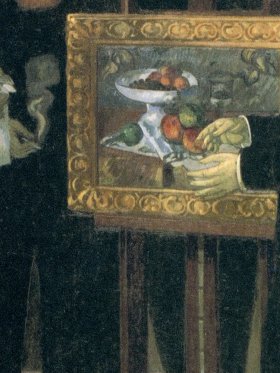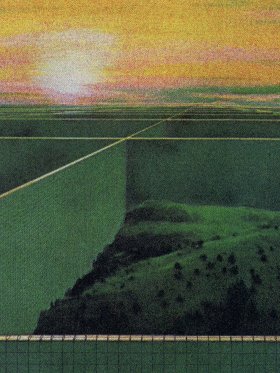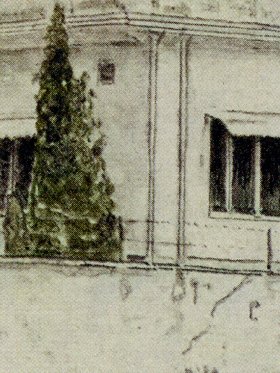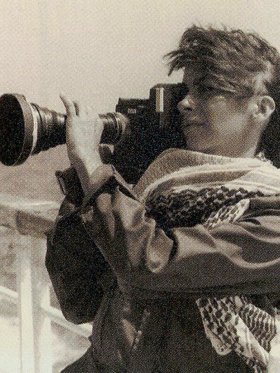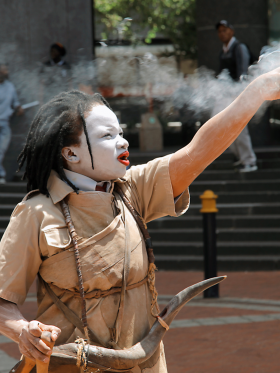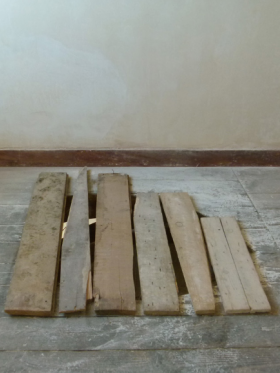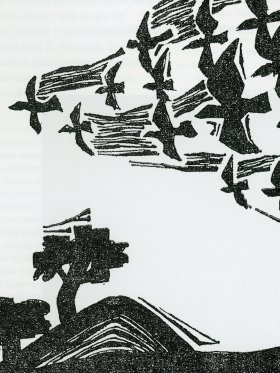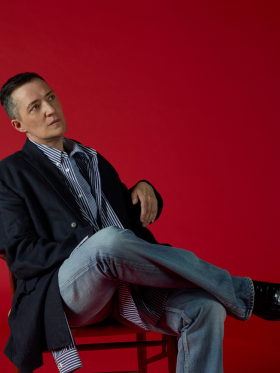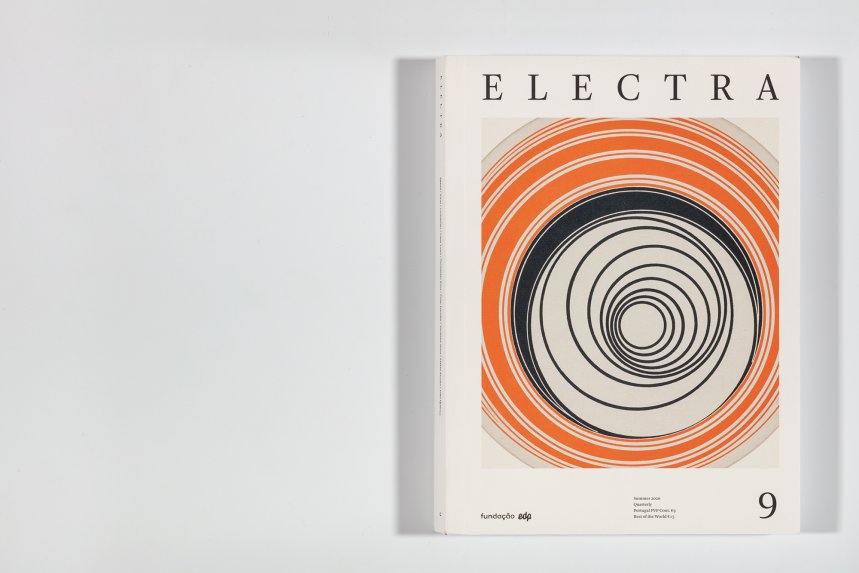
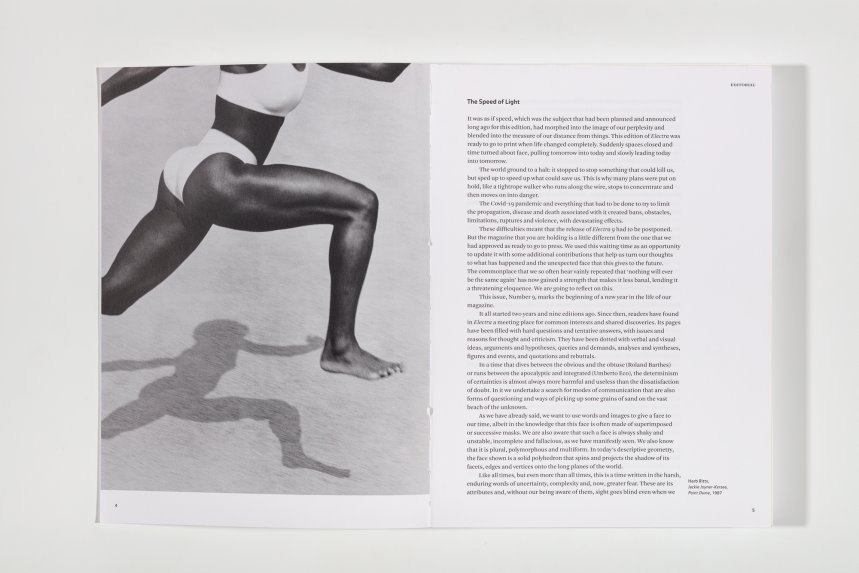
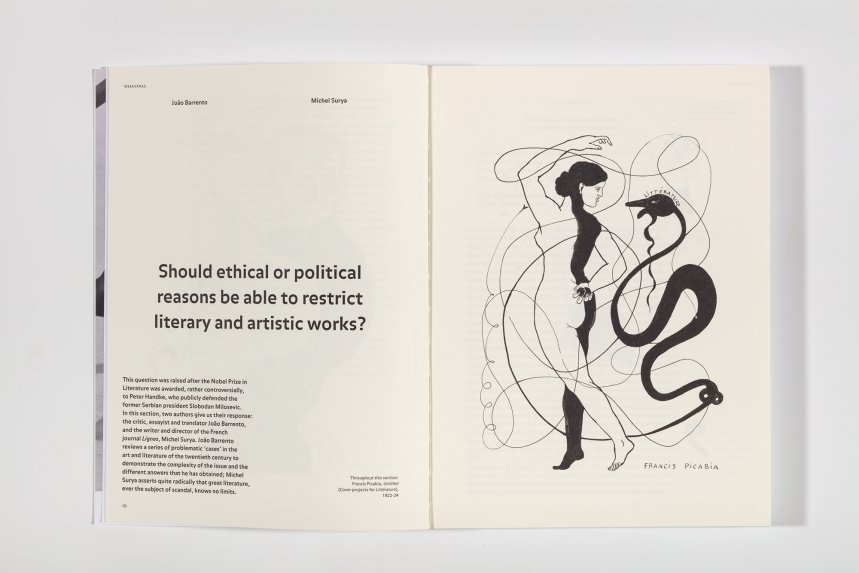
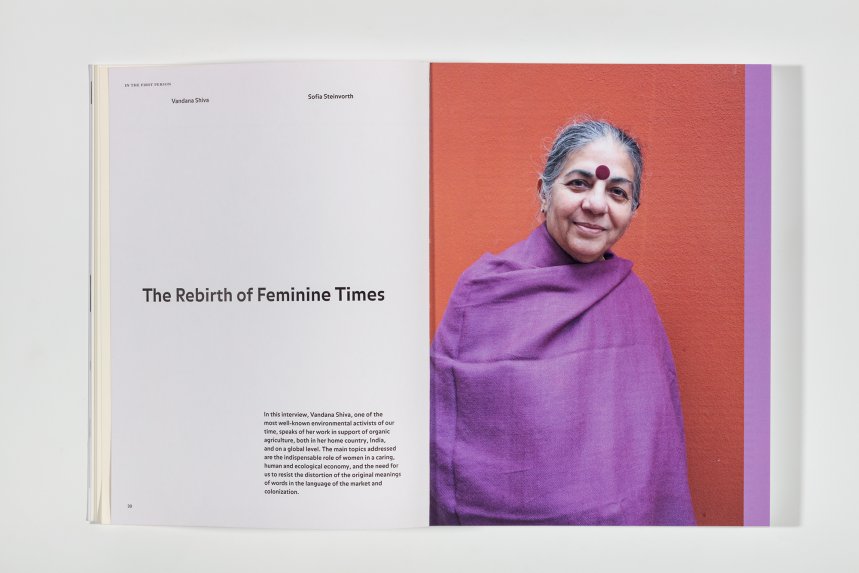
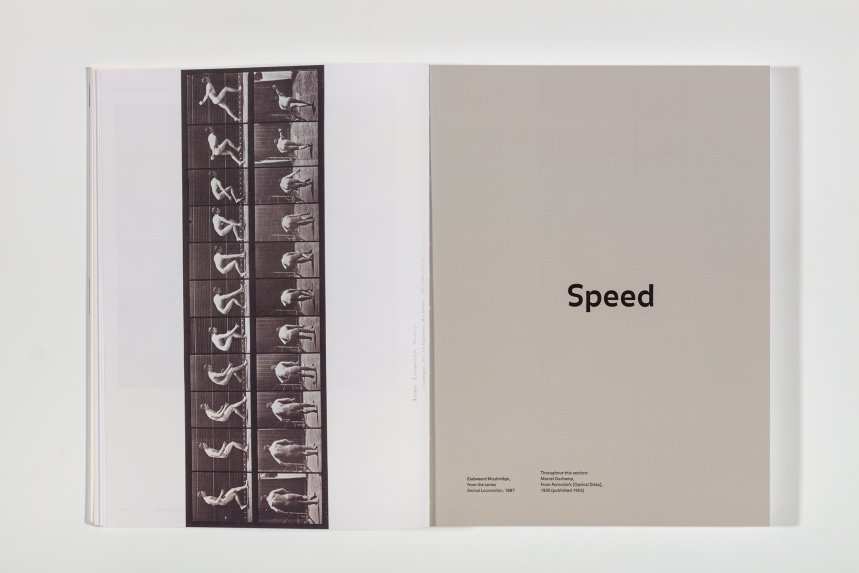
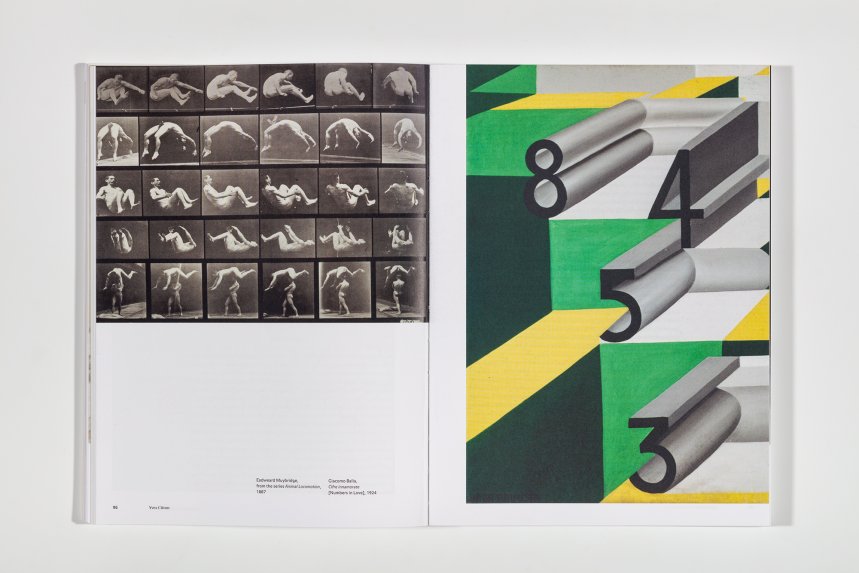
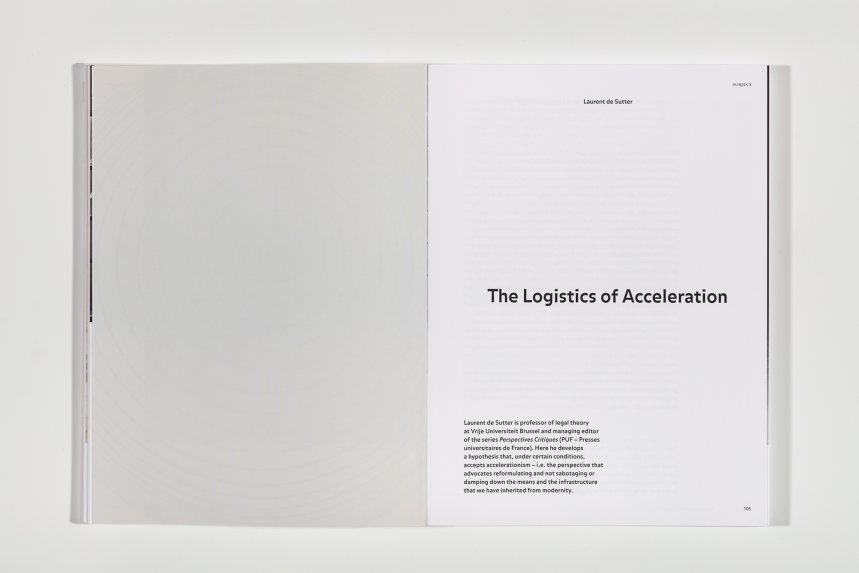
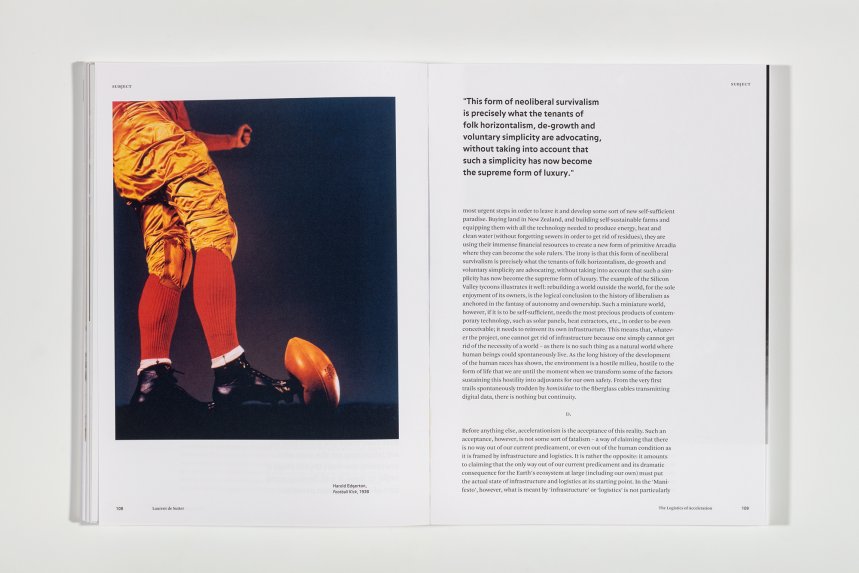
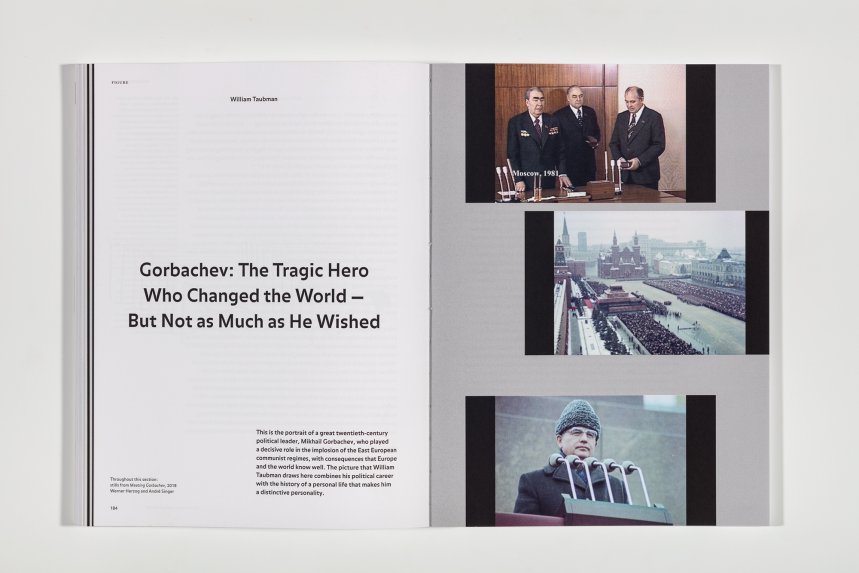
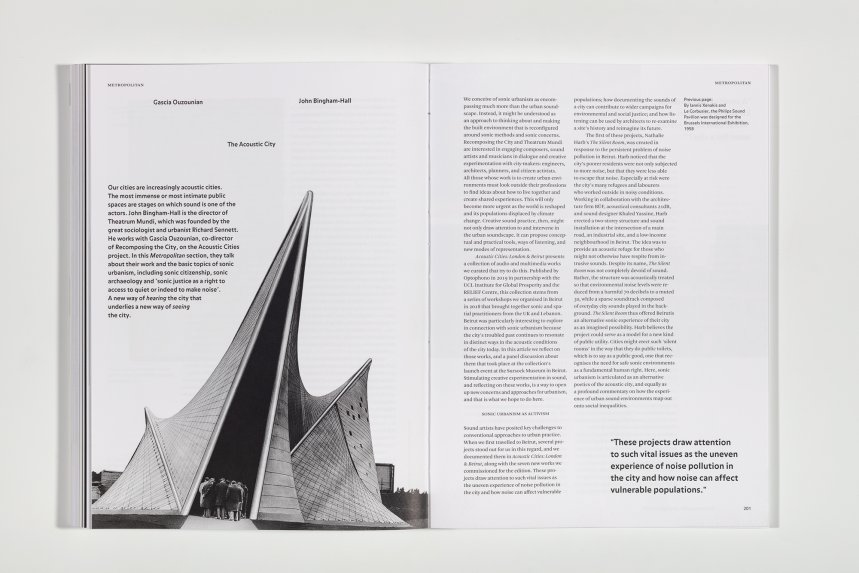
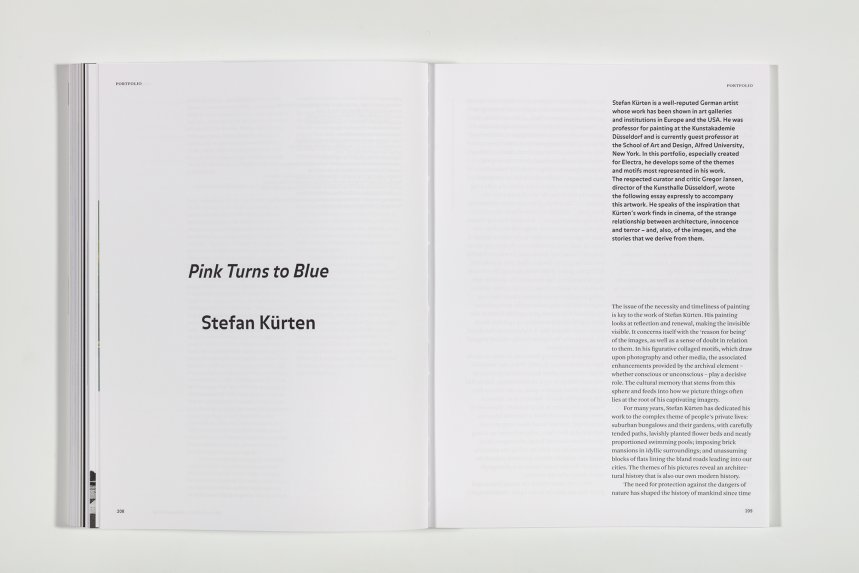
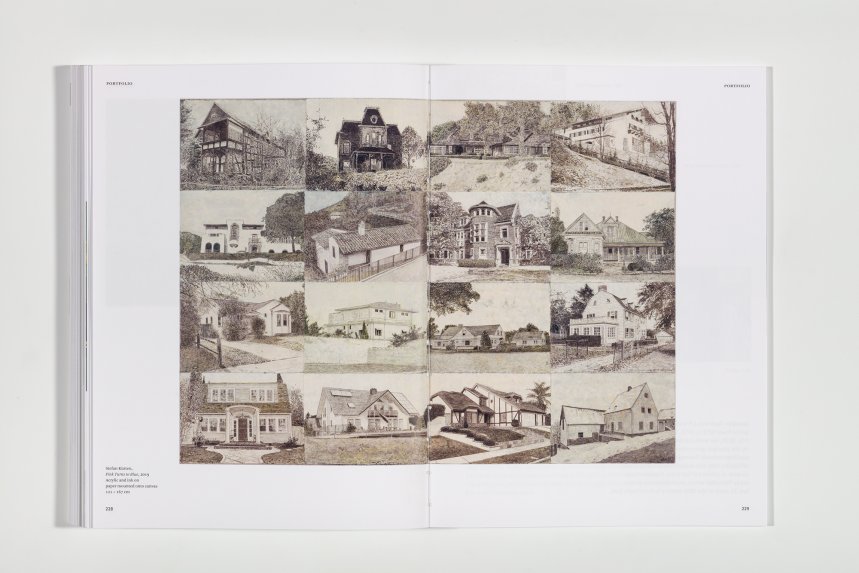
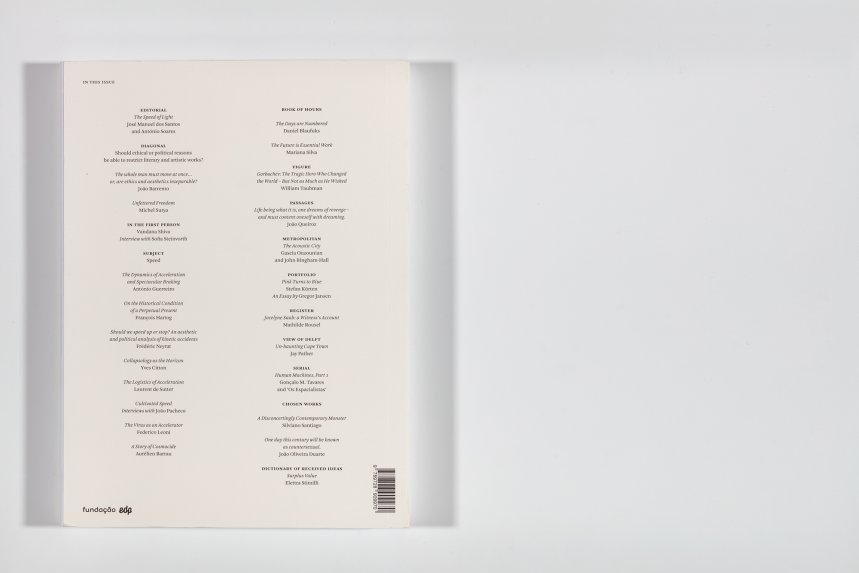
Pursuing its purpose of thinking about the words and concepts that can be used to express our time, «Speed» is this issue’s main theme. «Speed has changed and determined everything: politics and communication, the economy and society, science and cybernetics, art and love, food and sleep, sickness and health, life and death», one may read in the magazine’s editorial. This edition was ready to go to print when the world slowed down due to the Covid-19 pandemic. And the latter can also be regarded from the perspective of speed, both because of its rapid and global propagation and deceleration of contact, and because of the suspension of life it caused and the frantic race to find an antidote.
This dossier includes the collaboration of renowned authors whose works have been permeated by the theme of Speed as a topic that inspires analysis and reflection: François Hartog, Frédéric Neyrat, Yves Citton, Laurent de Sutter, Federico Leoni, Aurélien Barrau, António Guerreiro and João Pacheco.
In the section «In the First Person», Vandana Shiva is interviewed by Sofia Steinvorth. One of the most well-known environmental activists of our time speaks of her work in support of organic agriculture.
The renowned German artist Stefan Kürten is the author of the Portfolio, with the title Pink Turns to Blue, accompanied by an essay by curator and critic Gregor Jansen, which speaks of the inspiration which Kürten’s work finds in cinema and the strange relationship between architecture, innocence and terror.
«Should ethical or political reasons be able to restrict literary and artistic works?» is the question that provides the theme to the section «Diagonal». This question, raised by the controversy surrounding the fact that the Nobel Prize in Literature was awarded to Peter Handke, is answered by João Barrento, critic, essayist and translator, and Michel Surya, writer and director of the French journal Lignes.
The section «Book of Hours» reveals two lockdown diaries: one by photographer Daniel Blaufuks, who experienced lockdown near Lisbon, and the other by visual artist Mariana Silva, who wrote it from New York.
In this ninth edition of Electra, painter João Queiroz comments on the words written by painter Paul Gauguin; Gorbachev is the central character in an article by William Taubman, which draws a picture of a «tragic hero»; Brazilian essayist and novelist Silviano Santiago, a specialist in the work of Guimarães Rosa, writes about the Portuguese edition of Grande Sertão: Veredas (The Devil to Pay in the Backlands); Gascia Ouzounian and John Bingham-Hall write about crucial themes in sonic urbanism; researcher Mathilde Rouxel rediscovers the work by French-Lebanese film director Jocelyn Saab; choreographer Jay Pather visits Cape Town and the ghosts that haunt it, from the apartheid and the election of Nelson Mandela to the present day; Italian philosopher Elettra Stimilli approaches the concept of «added value» and João Oliveira Duarte marks the 20th anniversary edition of the Countersexual Manifesto, by Spanish philosopher Paul B. Preciado.
A new section, «Serial», starts with writer Gonçalo M. Tavares and the artist-architect collective Os Espacialistas, who reveal, throughout three editions, «Human machines, which do not work by necessity or routine but rather by the imagination of the body».
